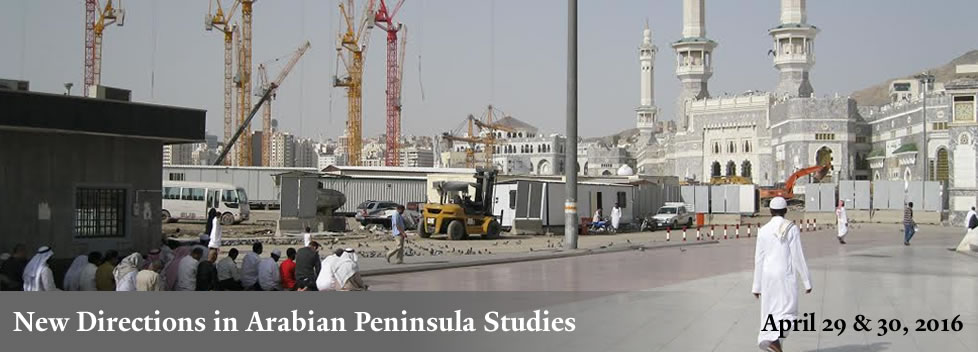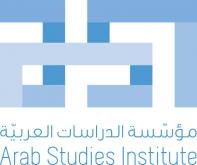The conventional scholarship on Arabia largely renders invisible pre-state institutions, opposition movements, diverse lifeworlds, and the violence on which the peninsula’s modern states were founded. In so doing, this scholarship has severed Arabia’s diverse subjects and spaces from their cosmopolitan pasts, identities, and intellectual trajectories, oriented as they were toward the Northeastern littoral of the Gulf, North Africa, East Africa, and Southeast Asia. Despite the influence of these past realities on modern states in the peninsula, the scholarship has also rendered pre- and early modern state forms as insular, apolitical and outside of history’s inexorable march. It has also foreclosed the dynamic socio-cultural trends and transnational identities of the inhabitants of the regions that have since the early twentieth century constituted the territories of Arabia’s modern states. Dismissing indigenous forms of thought and activism as insignificant, scholarship premised on such ideological elisions posits the emergence of the oil economy and the national space it made possible as the beginning of political modernity. This is so although various parts of the Arabian Peninsula were connected to transnational political, economic, and cultural formations that long predate the advent of both the modern state and the petro-economy and have since persisted.
Despite ongoing obstacles to conducting research in the Arabian Peninsula, a sophisticated and critical literature has emerged on its various states since the turn of the century, making a significant political and intellectual contribution to the field of Middle East studies in general and Arabian studies in particular. Theorizing the role of politics, religion, natural resources, class, gender, space, infrastructure, and imperialism in processes of state and subject formation has directed attention away from rentier state theory and has nuanced previous understandings of modern Arabian history. New Directions in Arabian Peninsula Studies aims to highlight these trends as well as some of the emerging scholarship that decenters the nation as the privileged site of history, identity, and economy and has instead signaled the importance of connecting Arabia to broader circuits of power, capital, labor, and migration from which they have long been severed, theoretically. This interdisciplinary workshop will bring together scholars from anthropology, geography, history, and politics working on places such as Kuwait, Qatar, Saudi Arabia, the United Arab Emirates, Yemen, and the Arabian Peninsula more broadly. The goal is to start a much-needed conversation on a region of the world that has shaped global politics, economics, and culture and yet has remained marginal in both Middle East as well as global studies.
Sponsored by
|
|
|

